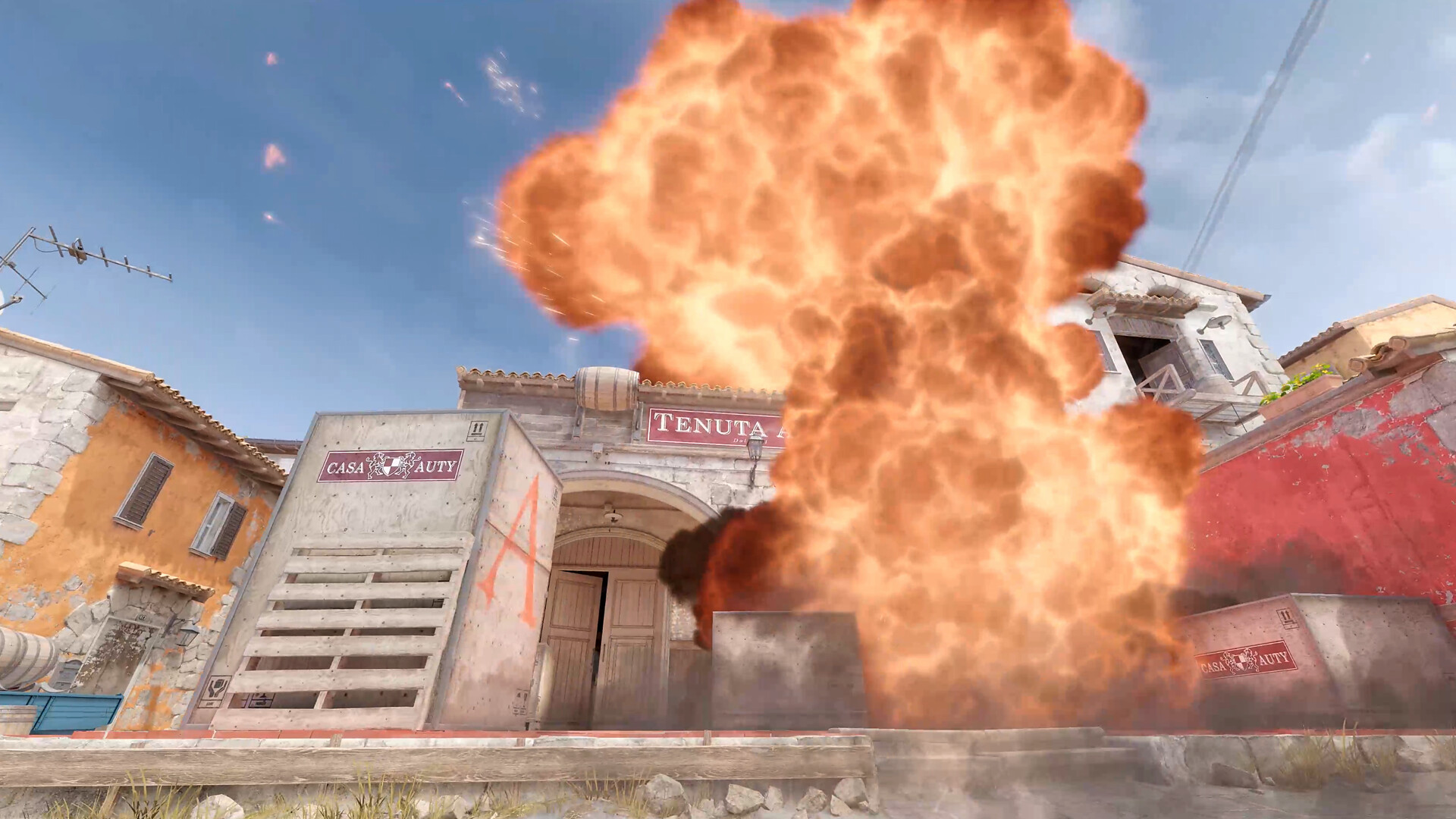Happy Pride Month!
Esports has always had a complicated relationship with players who don’t fit the traditional mold. While the industry itself emerged as an “alternative” to mainstream sports, constantly defending whether it even counts as a “sport,” it has often closed ranks in response to outside skepticism. That instinct has helped esports survive and gain legitimacy, but it’s also made the space harder to access for those who exist outside its unspoken norms.
Read More: F1 25 Bahrain Setup Guide
Enter Supernova Comets, a team full of “others” who fall outside every line that was created. Competing in CS2’s ESL Impact League Season 7, they’ve made headlines not only for their dominant in-game performance but for making history as the league’s first all-transgender women’s team competing at the top level.
Rise on the Competitive Scene
Qualified early and dominantly, the Comets stormed into the Global Finals in Dallas after an impeccable 6–0 run in North American play. Standouts like Lydia “Fawx” Dalton and Lucy “empathy” Verkaik delivered breathtaking performances, each clocking ratings over 1.6, with empathy averaging a staggering 2.0 in some matches. Their mastery over maps like Anubis and Dust2 helped supercharge their unbeaten streak and firmly place them among the league’s elite.
Climbing a Steeper Hill
But success hasn’t shielded them from harm. As their visibility grew, so did the hate. Livestream chats and social media feeds filled with transphobic rhetoric, a sobering reminder that marginalized players remain vulnerable, even at the top.
Olga “olga” Rodrigues, herself a trans athlete, emphasized how toxic comments “often come from men or fake accounts… as if we’re robbing stage time from cis women” and urged ESL to publicly condemn the abuse.
Read More: Moonstone Island Crops Guide
Comets player Lucy “empathy” Verkaik, who is new to the pro stage this season, expressed the emotional toll via social media:
“I should be a happy but instead I’m in my hotel room crying. I poured my heart and soul into this game and have tried so hard to get better and yet all I get told is to kill myself…I truly love this game and the few friends I’ve made through it. But the community has been the most horrible thing I’ve ever experienced. Part of me wishes I never started playing and never met the people I did. Im a real person trying to do what i enjoy and this shit does affect me.” – @empathy_cs via X
Fortunately, voices within the scene stepped up. Portuguese player Bruna “vih” Loureiro called for institutional backing, stating: “Those who spread this hatred don’t care or care about us, what we represent or what we do as players and scene players”. She championed “respect” and ESL communications in defense of trans competitors.
What This Means for Esports
The emergence of the Comets challenges the status quo and shines a spotlight on the value of inclusive spaces like ESL Impact League. While open tournaments often present more structural hurdles for trans players, regional women’s leagues provide breathing room with a space to compete, grow, and be seen. Their story echoes broader conversations around Riot’s Game Changers and Team Liquid’s research on gender inclusivity: “The goal of ESL Impact is to reach a point where a separate league is no longer needed and mixed teams become the norm. Until then though, we’re proud to support the competitive women’s Counter-Strike scene” via https://pro.eslgaming.com/csgo/impact/
Looking Ahead
As Pride Month begins, ESL finds itself at a pivotal crossroads as they confront issues that many traditional sports leagues have yet to fully address. The decisions and statements made now could become a blueprint for greater inclusion, not just in esports, but across the broader athletic landscape. As players like Olga and Bruna have emphasized, proactive policies and visibility-focused initiatives from ESL have the power to move culture forward.
Read More: Among Us 3D Steam Deck Performance Guide
The women of Supernova Comets are at the forefront of that shift. While there are still steep mountains to climb and glass ceilings to break, their presence proves that a fully trans lineup can be competitive, resilient, and completely visible, even in the face of hate.




